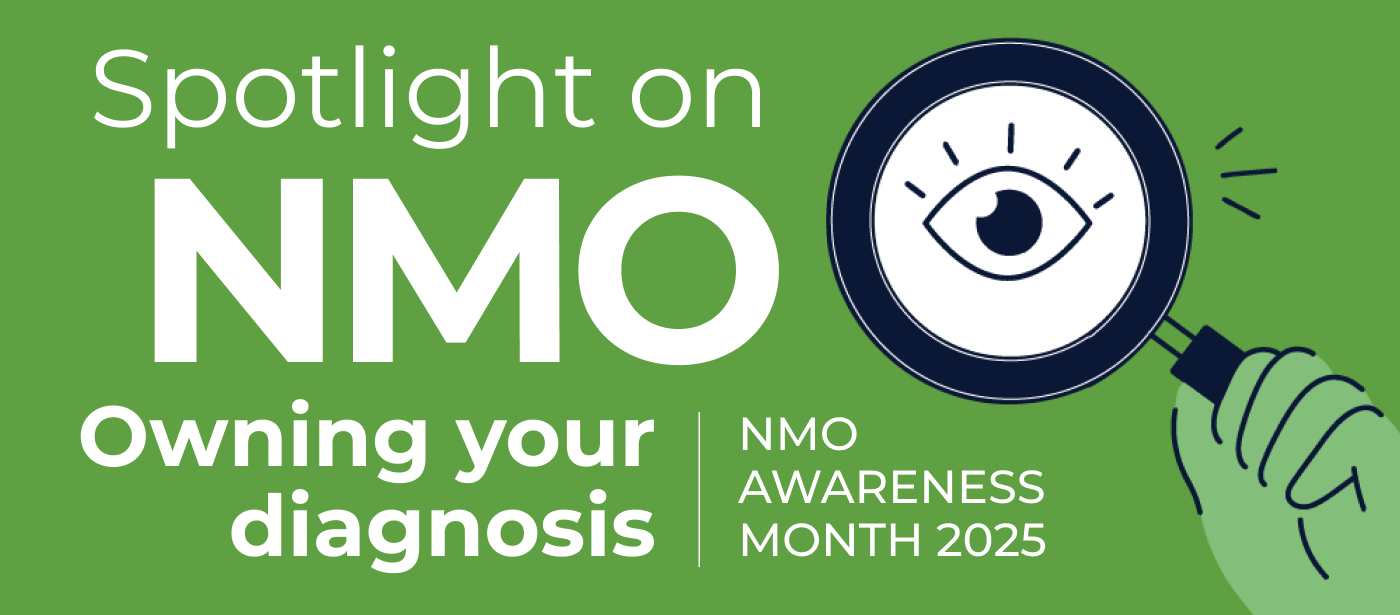Advice on telling your employer about your NMOSD diagnosis
Written by |

This is part of a series about neuromyelitis optica for NMO Awareness Month. Go here to read more.
You may be understandably reluctant to tell your employer that you have neuromyelitis optica spectrum disorder (NMOSD), especially if you are unsure of how your immediate supervisor will respond.
But because of the ways you may be affected by NMOSD’s symptoms — such as fatigue, muscle pain, and problems with vision — you may feel you have no choice but to reveal your diagnosis and ask for accommodations.
Still, the thought of discussing your condition with your bosses at work can cause a great deal of anxiety as well as concerns about how disclosing this information will affect the way you are perceived and treated.
Arming yourself with knowledge about your rights in the workplace may help make the process less intimidating.
Understanding the law
In the U.S., employers with 15 or more employees are covered by the Americans with Disabilities Act. It requires these companies and institutions provide reasonable accommodations to workers with disabilities.
Most states also have their own state discrimination laws, with rules and compliance criteria that vary. So, you should always check the specific laws of your state. For example, the New York State Human Rights Law applies to all employers in the state, regardless of the number of employees.
Preparing for disclosure
Even though discrimination is illegal, it doesn’t mean people will abide by the law.
You may be worried that once you share that you have NMOSD, you will be treated differently both by higher-ups and peers, including not being considered for promotions.
Because it’s difficult to predict how your employer will react, you want to be thoroughly prepared for any reaction.
First, write down your NMOSD symptoms and how they can impact your work life — and be specific about the challenges. Then come up with suggestions for what kind of accommodations will help you to do your job.
Some examples you might cite are:
- remote work to help conserve energy
- flexible hours for going to medical appointments
- an ergonomic chair and desk to prevent physical strain
- screen-magnifying software to help with vision issues
- a reserved parking spot close to the office building entrance to reduce walking
- frequent breaks to address fatigue and eye strain.
You may also want to give your employer a note from your doctor that outlines your condition and any recommended accommodations.
Managing the discussion
Schedule a meeting with your manager, someone from Human Resources, or both, to discuss your situation.
If possible, rehearse the conversation with a friend or family member ahead of time.
During your conversation with your employer, focus on solutions, such as your suggested accommodations and how they help you.
Don’t be surprised if they don’t agree to all, some, or any of your requests. Your employer may also suggest alternative solutions that may or may not work for you. Negotiate as much as possible while explaining why the company recommendations are not sufficient. After your meeting, keep the discussion ongoing.
- Write down a summary of what was discussed, including what was agreed upon, any next steps, and any relevant dates.
- Send an email to your employer to document that the meeting took place, also stating any accommodations that were agreed upon.
- Follow up if you don’t hear back.
Although retaliation for requesting disability accommodations is illegal, it does happen, so document in detail all discussions, including texts and emails.
Additional considerations
There are other factors to consider before speaking to your employer.
If you belong to a union, you may want to contact a union representative beforehand for guidance. You can even ask a representative to attend your meeting with you.
If you believe your employer will not be receptive to your requests, consider first consulting with a disability rights attorney on how to handle disclosure of your condition and protect your rights.
You may be able to get first-hand advice through an NMOSD support group or Facebook page.
There are resources you may use to learn more about rights and disability accommodations, including:
- the Equal Employment Opportunity Commission
- the U.S. Department of Justice
- the U.S. Department of Labor.
Neuromyelitis News is strictly a news and information website about the disease. It does not provide medical advice, diagnosis, or treatment. This content is not intended to be a substitute for professional medical advice, diagnosis, or treatment. Always seek the advice of your physician or other qualified health provider with any questions you may have regarding a medical condition. Never disregard professional medical advice or delay in seeking it because of something you have read on this website.





